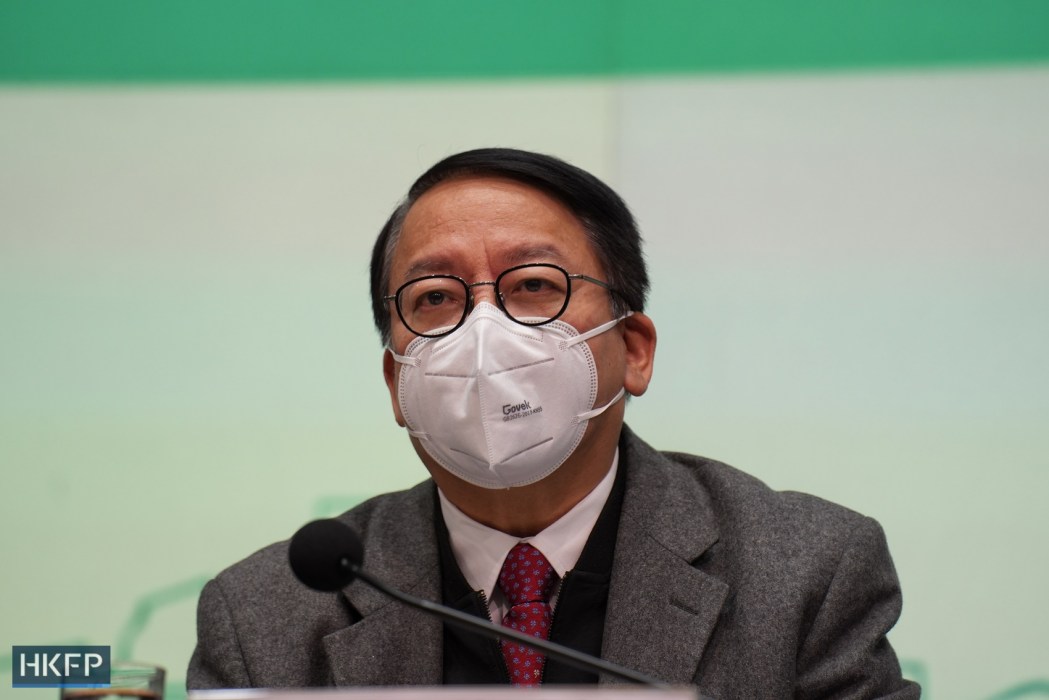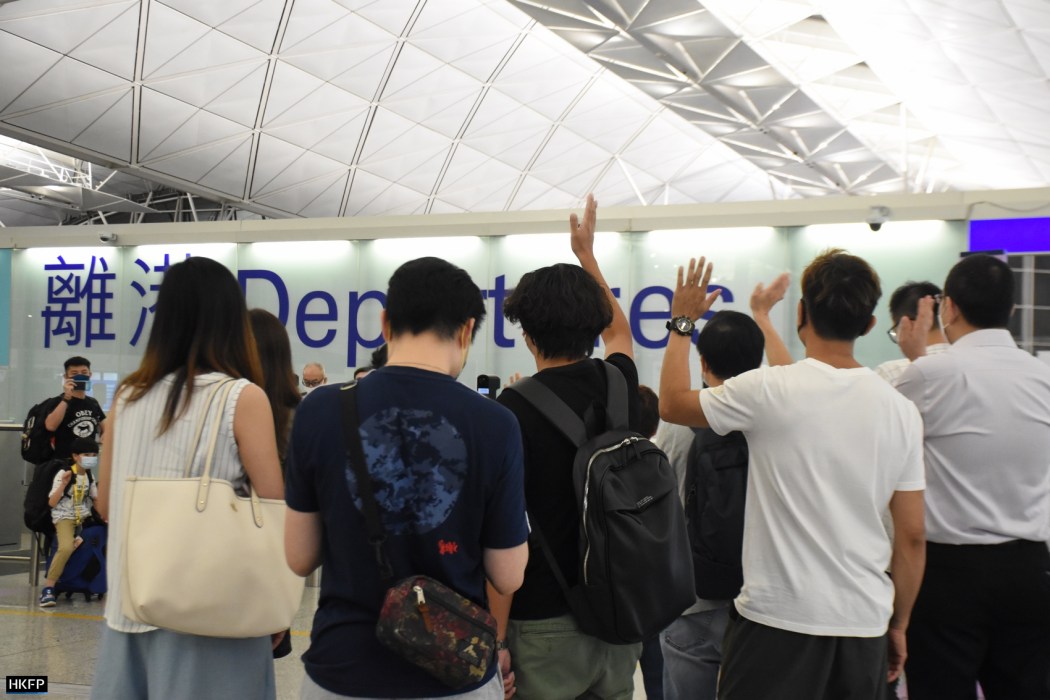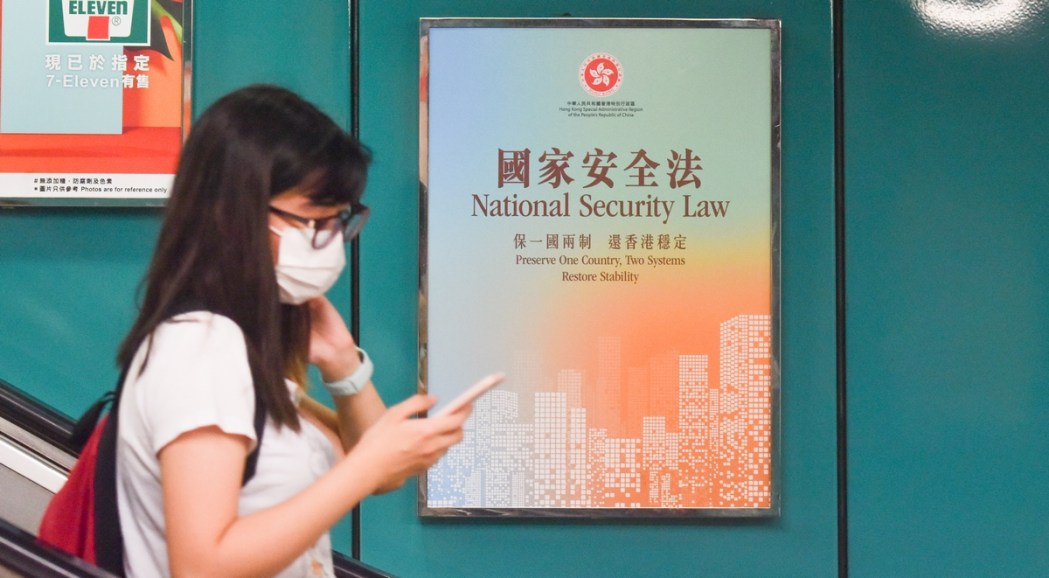Government-subsidised vocational programmes could face de-registration if they promote their courses as being useful for emigrating Hongkongers after lawmakers complained that such courses were being marketed to people moving to the UK.

The rule will apply to courses under the government’s Continuing Education Fund (CEF) scheme, which offers reimbursable courses in areas from language to IT to handyman skills.
Addressing lawmakers at a Legislative Council meeting on Wednesday, Chief Secretary Eric Chan said that if course providers were found to have promoted courses as “a means to pave way for emigration” or deviated from the CEF’s objectives, authorities would order them to cease using the relevant promotional materials.
The course providers could also be issued warning letters or see their courses de-registered, Chan added.
The move comes after lawmakers in the Public Accounts Committee, which reviews the government’s expenditure, said in February that it appeared the promotion of courses as a means of “paving the way for emigration” ran counter to the aim of the CEF.

An Audit Commission report published last year found that one course provider used wording suggesting that the course would teach the skills needed for taking up electrician and plumbing jobs in the UK, InMedia reported.
Launched in 2002, the CEF aims to “subsidise adults with learning aspirations to pursue continuing education and training, with a view to facilitating Hong Kong’s transition to a knowledge-based economy having regard to an increasingly globalised economy.“
Course providers include universities, community colleges, language centres and other institutions.
Amid a changing political environment and strict rules during the Covid-19 pandemic, Hong Kong has seen a sharp increase in people leaving the city.

While it has been difficult to measure the extent of the exodus, there has been an uptick in student vacancies at schools and the withdrawal of pension funds.
New national security clause
Chan also said that application forms for new course registration and renewal under the CEF will require course providers to declare that their courses will comply with the national security law.
Course providers will also be asked to “strengthen guidance, supervision and regulation on aspects such as the CEF course content, teaching materials, course delivery… to avoid potential risks to national security.”

In February, lawmakers had also pressed for “guidelines” to be given to course providers “on matters relating to the safeguarding of national security.”
The national security law was passed by Beijing in June 2020 following a year of pro-democracy protests and unrests. It criminalised subversion, secession, collusion with foreign forces and terrorist acts, which were broadly defined to include disruption to transport and other infrastructure.
Since its passing, universities’ student unions have disbanded and mandatory national security courses have been added to university syllabi.
Support HKFP | Policies & Ethics | Error/typo? | Contact Us | Newsletter | Transparency & Annual Report | Apps
Help safeguard press freedom & keep HKFP free for all readers by supporting our team

LATEST FROM HKFP
HKFP has an impartial stance, transparent funding, and balanced coverage guided by an Ethics Code and Corrections Policy.
Support press freedom & help us surpass 1,000 monthly Patrons: 100% independent, governed by an ethics code & not-for-profit.










